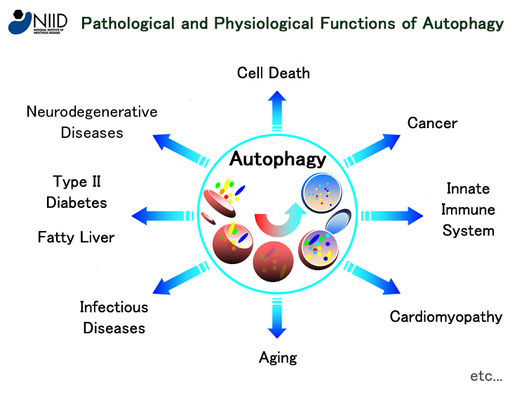
Stress comes in two flavors, acute (short term) and chronic (long term). Acute stressors will make you stronger, more resilient and just plain happier. Chronic stressors will ultimately kill you.
If you have missed this series on stress, re-read the sentence above. We can and should purposely use acute stress to our advantage. We can and should avoid chronic stress. We should move to the right on the graph below every chance we can and every way possible.
Chronic Stress <——-> Acute Stress
The quickest and simplest way to add stress to your health producing agenda is to Fast; as in going without food; as in purposely challenging yourself and your relationship with food for the sake of getting stronger. I know, I know, we are supposed to eat every few hours to keep our blood glucose levels consistent. This advice has produced a lot of obese, sick people who have muted one of nature’s best innate weapons, which is autophagy.
In a nut shell, autophagy (self-eating) is the body’s way of cleaning up cellular debris and recycling old proteins. Like when I worked at Trader Joe’s during chiropractic school, breaking down the boxes and putting them in the dumpster, these special cells scavenge, clean and tidy up the place. Yes, we have built in recyclers without the blue cans. And autophagy does the sorting for us. Here is the catch. These specialized cells will remain dormant in an well and often fed human. That’s right, when we eat often, we inadvertently suppress this process. Suppression of this cellular cleanup crew leads to all sorts of problems and disease processes.
What to do? Fast.
Intermittently to be sure, but do it. The best available research is that anything under the 72 hour mark is more than enough and 24 hours in most cases is plenty. This will give the little cellular cleanup crew plenty of time to wake-up and get cleaning.
A great way to start is by skipping breakfast. As heretical as it may sound, breakfast really isn’t the most important meal of the day. And in many cases is completely unnecessary. So let’s say you finish dinner around 7, and you fast until lunch the next day at noon, you just gave your body 17 hours to work its magic. You can steadily increase the length of time until you miss breakfast and lunch. My record is 30 hours, which is a far cry from the Bible characters and the 40 day fasts, but according to research, after 24 hours the benefits diminish. So stay in the range. How often? Depends on your goal, but once a week is plenty.
Here is a great book on the subject of intermittent fasting (click on this link): Eat. Stop. Eat.
Now put this simple stressor to work for you and all those little bored autophagies will rejoice.
Cheers ks

Jul 13, 2018 at 7:46 PM
You know, I can't remember where I read this (I think a Reader's Digest) but cell recovery or cleanup can actually start at the 12 hr fasting mark and (according to the article I read) it's great for your body to experience a 12 hr fast at least once a week. The most obvious time for this fast would be through the night of course and I try to practice this principle often...though that dang glass of wine after the kids are in bed ruins my best laid plans ;)
Jul 17, 2018 at 10:37 AM
Yes! :)